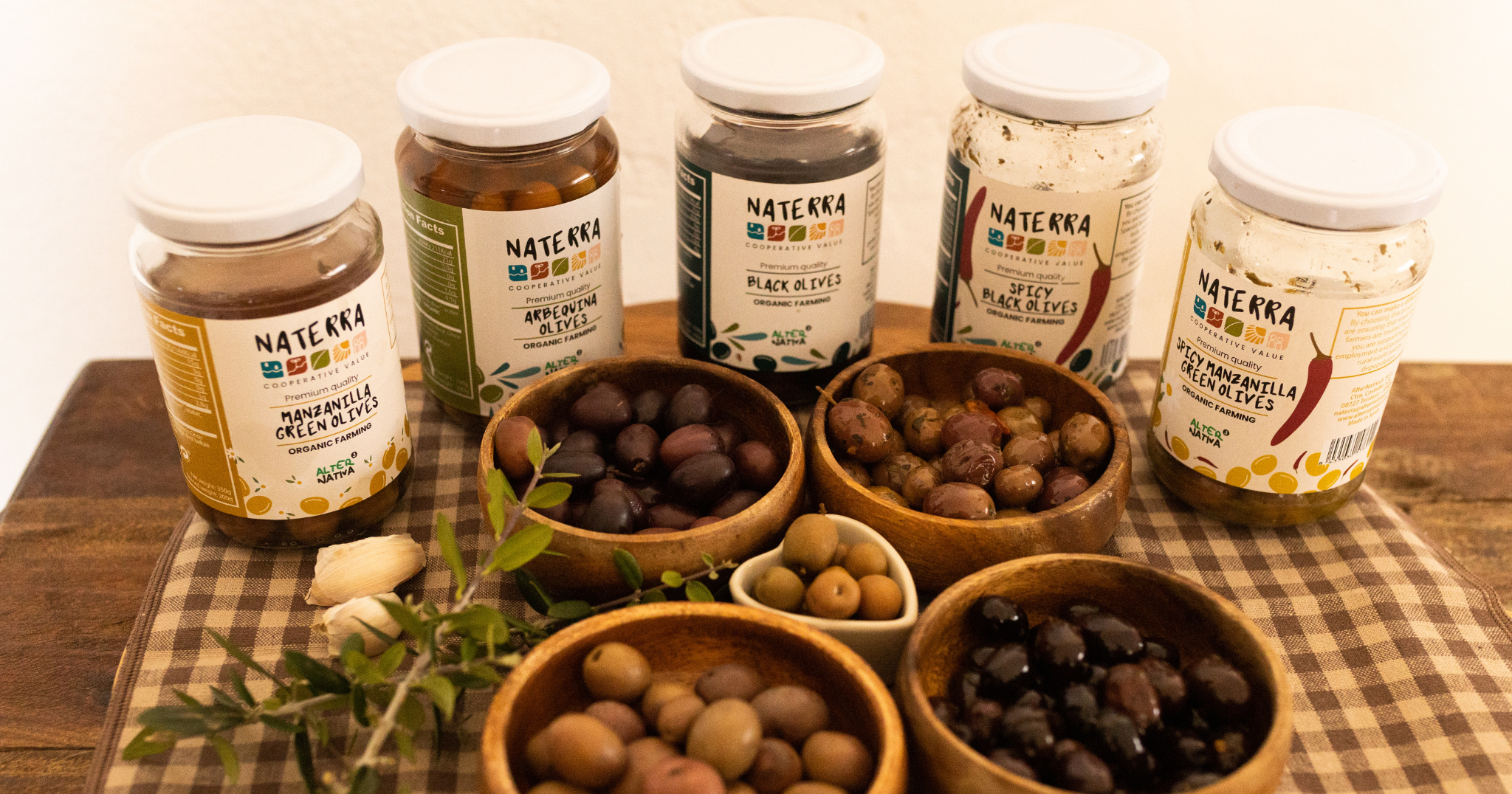- This project aims to revitalize the rural economy of social agroecological cooperatives, promote the sustainability of traditional agricultural practices, and reverse emigration and depopulation in rural areas.
- The distribution of products is focused on Catalonia, the rest of the country, and, especially, the international arena.
AlterNativa3 is launching its new project, Naterra, to open up the fair trade market to northern countries. It has been five years since the World Fair Trade Organization Assembly made the decision to address this goal, a need that was further emphasized in light of the pandemic.
In addition to this, due to some recent scandals,
consumers in central Europe are increasingly opting for products elaborated by following the local fair trade values and respecting human and labour rights.
Given this combination of factors, AlterNativa3, a cooperative based in Terrassa and founded in 1992, decided to join forces with Bionsan. The latter, also a cooperative, brings its 35 years of experience in the production and marketing of local ecological products to the project.
Products made in Catalonia for national and international distribution
This project brings together AlterNativa3's extensive experience in the international marketing of fair trade organic products and Bionsan's expertise in producing local proximity products, as well as its relationships with various agroecological producers in the region.
The result is a range of products - including oils, olives, fermented products, and more - produced in Catalonia with the local fair trade values, distributed both in Catalonia, the rest of the country, and internationally.
In this way, it is possible to promote agricultural production that respects labour, social and environmental rights at all stages, while revitalizing the economy of small producer groups in the sector and reversing rural emigration.
All the details about Naterra's domestic fair trade products are available on their new website.

